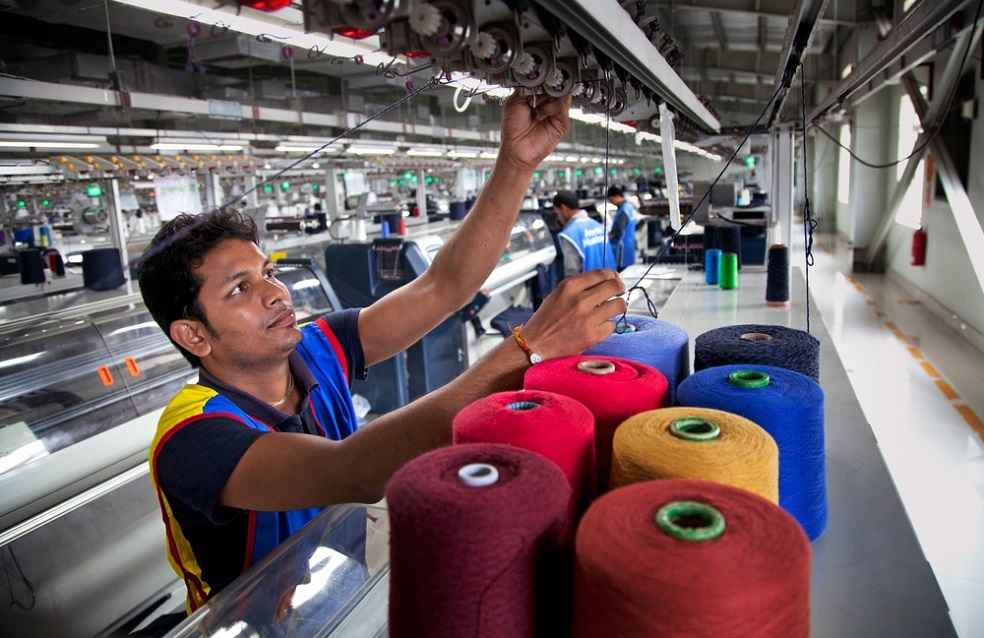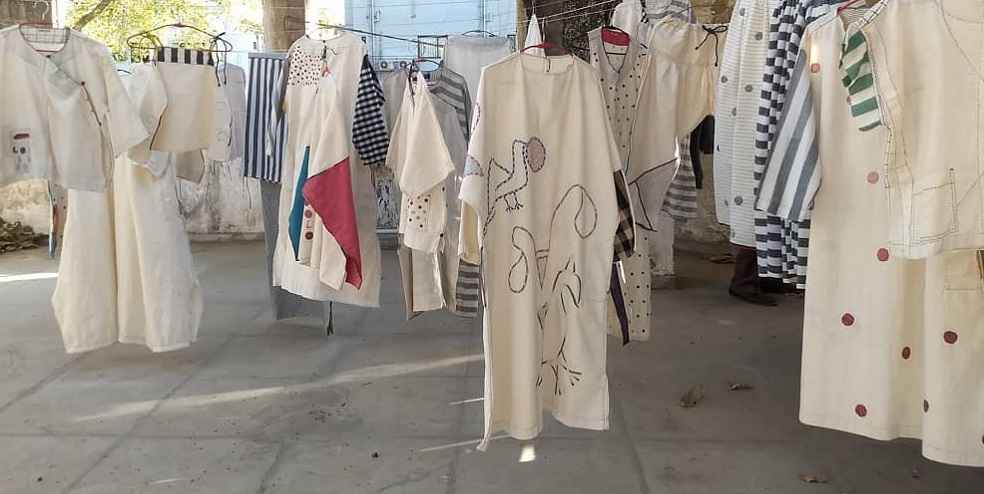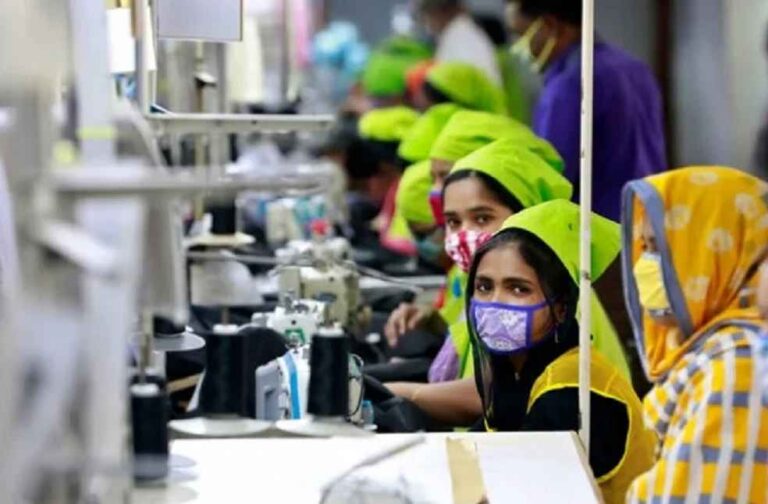Bangladesh garment factories are grappling with the adoption of Global Reporting Initiatives (GRI) standards—a globally recognized framework covering 246 issues related to environmental, social, and governance (ESG) impacts. A keynote paper presented at a roundtable yesterday highlighted that only 33 local factories have successfully implemented GRI standards, citing obstacles such as data shortages, lack of expertise, and insufficient policy support.
The event, held at The Daily Star Centre in Dhaka and jointly organized by The Daily Star and Swisscontact, gathered industry stakeholders, diplomats, and experts. Mohammad Monowar Hossain, Team Group’s head of sustainability, emphasized that compliance with ESG standards will become increasingly critical, especially with the European Union Sustainability Reporting Standard (ESRS) coming into force by 2026. As ESG-related assets are projected to reach $33.9 trillion by that time, global buyers are expected to favor sustainable products, with 66% of consumers, including 73% of millennials, willing to pay a premium for them.

Representatives from the Bangladesh Garment Manufacturers and Exporters Association (BGMEA) and Bangladesh Knitwear Manufacturers and Exporters Association (BKMEA) expressed concerns over the high costs and resource demands of implementing GRI standards, particularly for small and medium-sized enterprises (SMEs). Asif Ashraf of Urmi Garments Ltd noted that while BGMEA supports its members in implementing GRI, many international buyers resist paying higher prices for compliance-related initiatives.
Industry leaders and experts also highlighted additional challenges, such as data collection and the need for skilled manpower. Michael Klode of GIZ and Khondaker Golam Moazzem of the Centre for Policy Dialogue stressed the importance of addressing social issues like labour rights and occupational safety. Despite progress in environmental compliance, the garment sector still faces hurdles in transparency and human rights.

Experts from international development agencies, including the Swedish International Development Cooperation Agency and Better Work, underscored the significance of building a skilled workforce and promoting transparency across the supply chain. Anis Nugroho of Better Work suggested that Bangladesh’s garment sector could advocate for a unified sustainability reporting framework, given its global standing in green factory certifications.
The session concluded with a call for greater collaboration among industry players, government, and development partners to ensure that Bangladesh’s garment sector can meet global standards, safeguard worker rights, and enhance international buyer confidence through improved transparency and compliance.
TRADE WORLD | UNCTAD Calls for Global Action to Tackle Shipping Disruptions and Trade Risks



